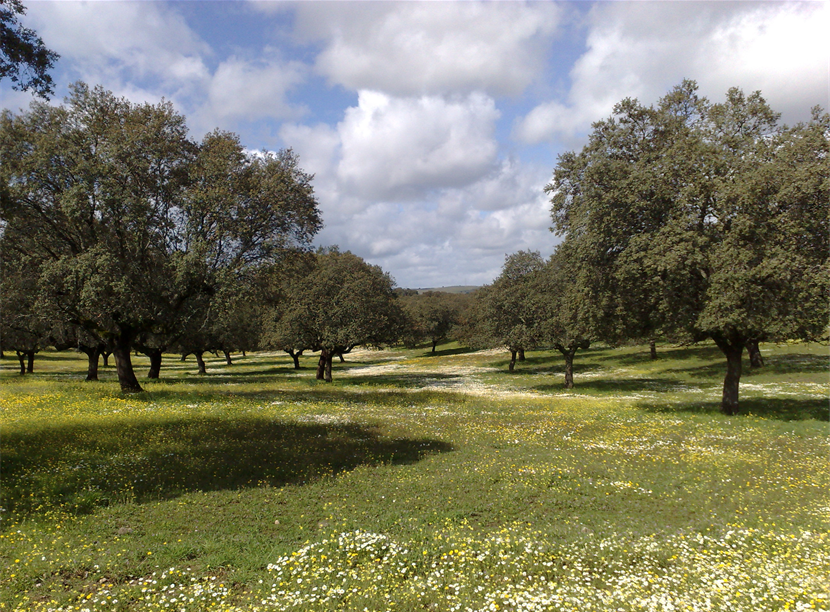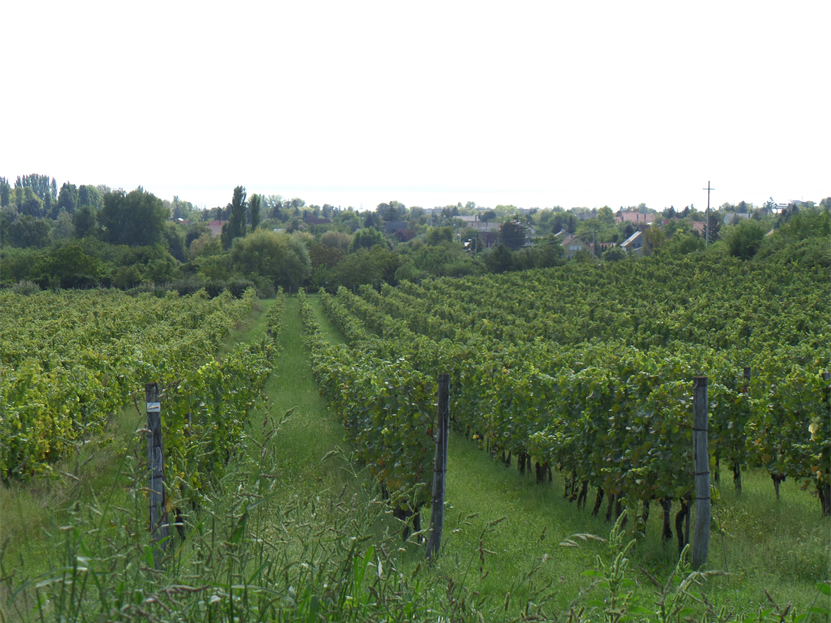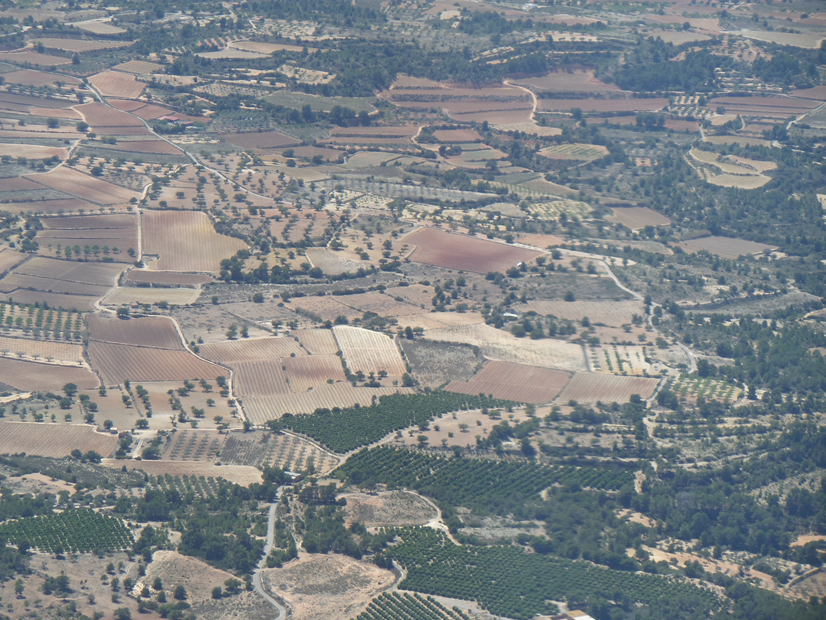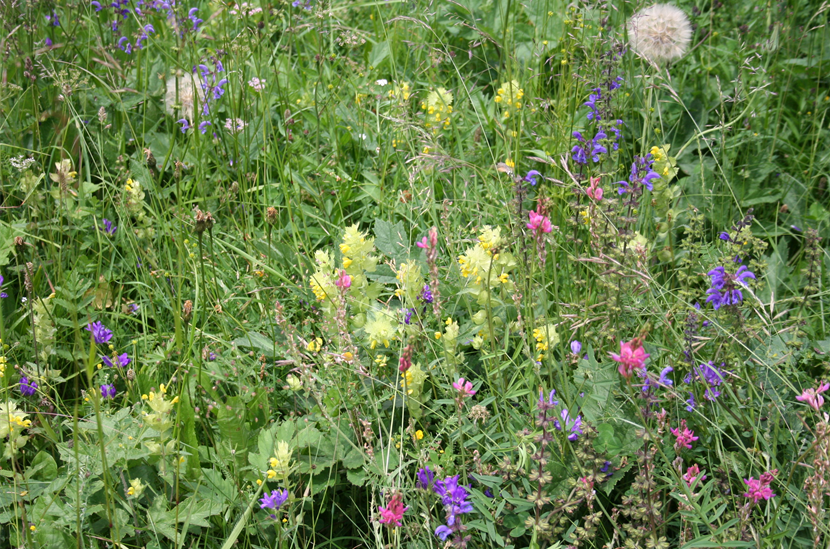Introduction
National and regional governments and administrations are signatories to, or have aligned their policies with, conventions tackling shared global challenges, notably the United Nations Sustainable Development Goals, tackling climate change, reducing the loss of biodiversity, and ensuring social rights. The European Union is also a signatory or implementing policies and mechanisms that support delivery to such international positions, to which its Member States and their regions are also aligned.
National level responsibilities and opportunities include:
- National CAP Strategies, tailored to the requirements of each country. The EU have provided recommendations to ensure the 9 specific objectives of the CAP are achieved, and compliance with the six relevant targets of the Farm to Fork and Biodiversity 2030 strategies, in the EU Green Deal.
- Designing and implementing strategies reflecting national policy priorities, such as social, economic, environmental, planning, and education policies.
- Designing and implementing strategies that deliver on international commitments, such as the United Nations Paris Agreement, which “aims to strengthen the global response to the threat of climate change, in the context of sustainable development and efforts to eradicate poverty”; and the Convention on Biological Diversity (CBD), which aims “to conserve and sustainably use biological diversity for the benefit of present and future generations.”
Findings from the UNISECO project provide evidence of how transitions to agro-ecological farming systems and farm practices can provide means of tackling challenges of global significance, in particular climate change, reducing the loss of biodiversity, sustainable production and consumption pattern and social justice. That evidence comes from working with local actors in the farming systems in case studies in 15 countries around Europe, in different socio-economic, environmental and cultural contexts, and the analysis of territorial impacts of large-scale implementations of agro-ecological practices in the context of future scenarios of European food systems.



